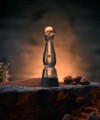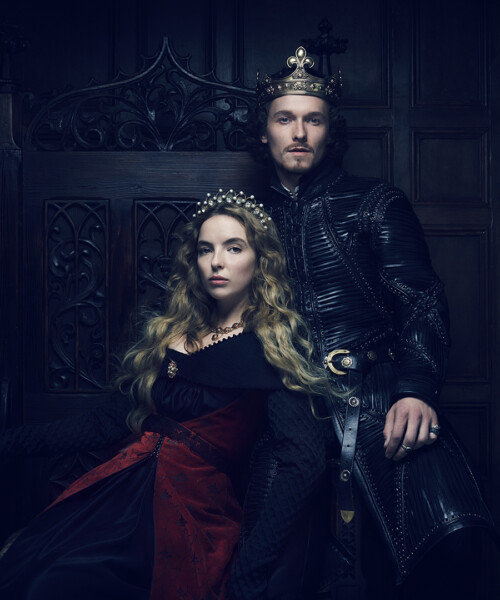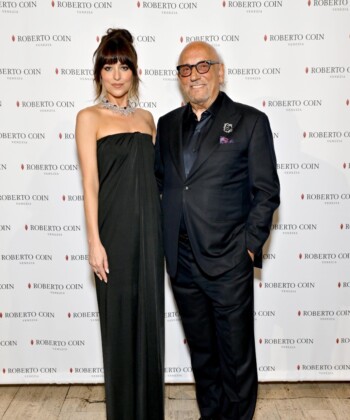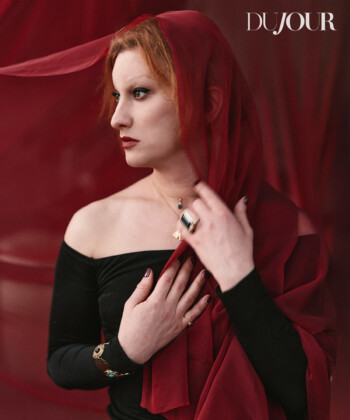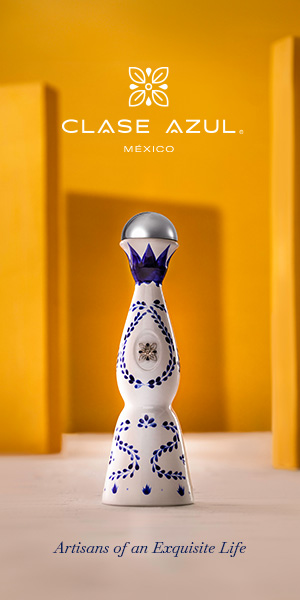When it comes to English royals of yesteryear, Henry VIII and his revolving door of wives have been enjoying a long and cushy reign over the realm of modern day historical fiction. With the premiere of The White Princess, a much-needed challenger has emerged. Henry VII and his wife, Elizabeth of York, hail from an earlier era, right after The War of the Roses, when this Henry—the first Tudor king—won the crown by killing King Richard III.
Like their characters, the stars of this period drama are pretty new to the spotlight. “I did a screen test from Melbourne, where I was living at the time,” Jacob Collins-Levy tells me over a gin and tonic when I sit down with him and Jodie Comer (who plays “Lizzie,” as Elizabeth of York is known) in a dark hotel restaurant the day after the show’s New York City premiere. “I’d done a few acting jobs for like two years back there, small parts and things. I’d just been fired from a café actually, about a month before [I was cast].”
“What did you do?” Comer asks her cast mate with wide eyes. “I was a barista,” he says. With a smirk, he admits that “general insubordination” was his fireable offense.
Much like on screen, there is palpable chemistry and charisma in the air as I sit between the two young stars. Comer, who hails from Liverpool, England, disputes the idea that a queen consort living in the late 1400’s couldn’t possibly possess the same spunk that she does. “You’re telling me they didn’t have sass back then?” she asks, incredulously. “They were humans! We had the screening last night, and there were so many laughs. It kind of shocked me, but I was like, this is really, really good. People were cheering Lizzie and applauding and laughing.”
Collins-Levy nods, and I have a feeling I’m witnessing them process the audience’s positive reaction for the first time. “Jodie gives a mean slap,” he says, referring to the sassiest moment of the series premiere. “We were doing fake ones,” she laughs. “It just wasn’t working.”

The White Princess
The Starz series has been touted as a stand-in for Game of Thrones, which at first seems like low-hanging fruit, considering The White Princess takes place in the real world—while the former so obviously does not. But George R. R. Martin’s fantastical, ongoing epic of swords, sex, magic and lies only begins after Robert Baratheon mercilessly takes the throne from King Aerys II Targaryen (better known as “The Mad King”), a conflict widely reported to have been inspired by the same real-life bloodshed that set the scene for Henry VII to rule England with Elizabeth of York by his side.
“I just think it’s inevitable,” says Collins-Levy of the endless comparison. When we meet his character, Henry VII is happy about his bloody victory, but less than enthused about marrying Lizzie. She’s tainted in his eyes because of her intimate relationship with the now-deceased King Richard III, but in the interest of holding onto power at all costs, their mothers insist on marrying the houses of Tudor and York.
The early episodes of the show will focus largely on the plotting and scheming of the two mothers, both played by Game of Thrones alumni. Lizzie’s mother, played by Essie Davis, will stop at nothing (she even dabbles in witchcraft) to restore power to the York family, while Henry’s, played by Michelle Fairley, is reveling in her new status (very satisfying for Thrones fans still bitter about Catelyn Stark’s fate). Between Lizzie’s big personality and these fierce, dueling mothers-in-law, The White Princess is a female-centric take on the genre, and as Collins-Levy puts it, “That’s what sets it apart from other fancy historical dramas.”












